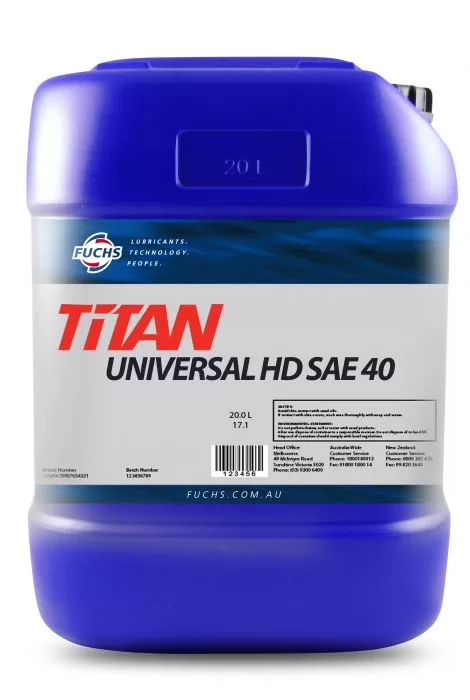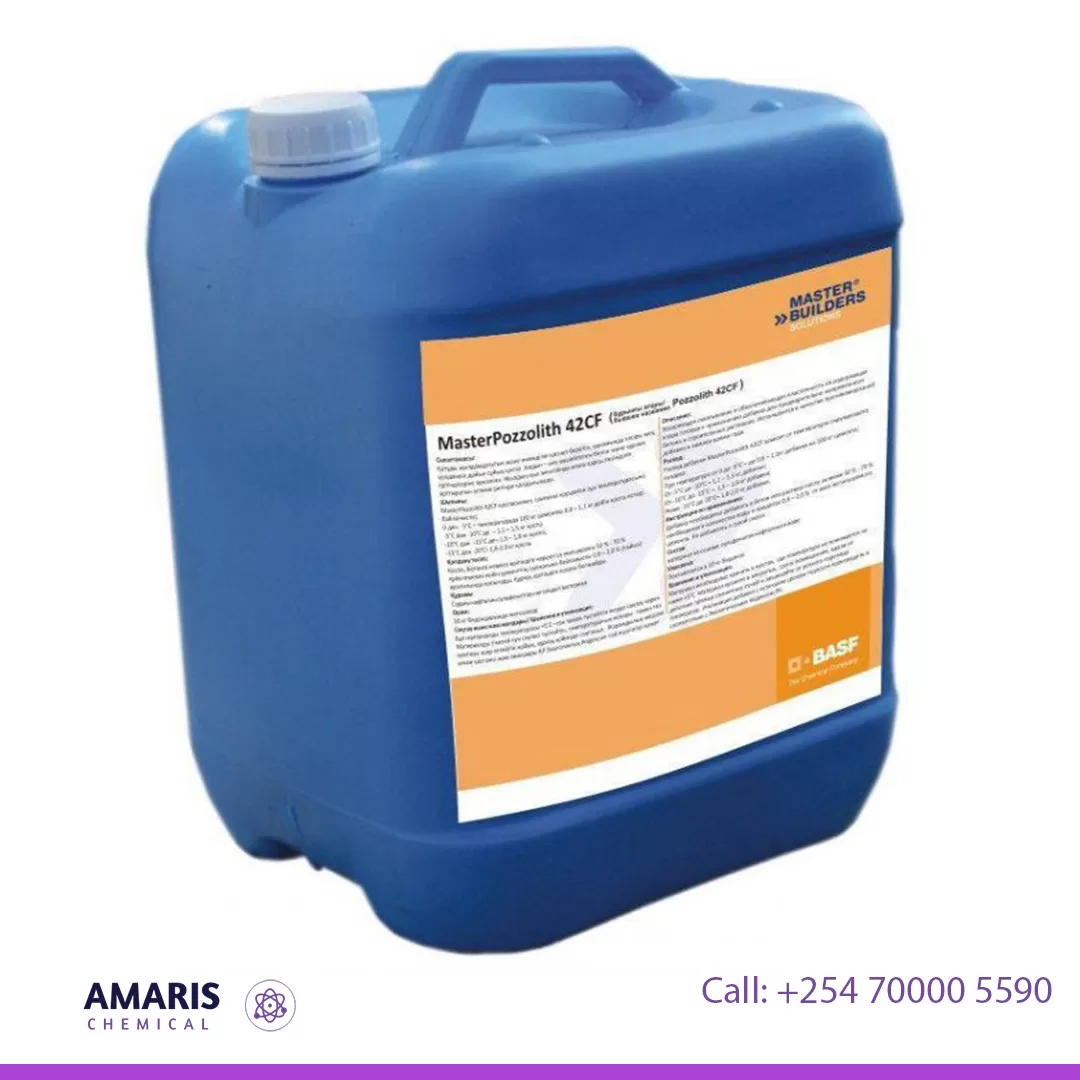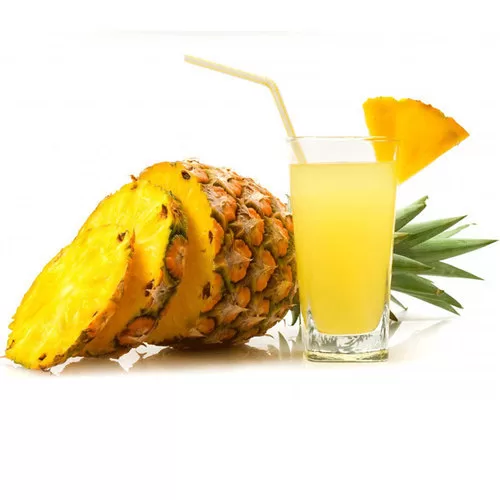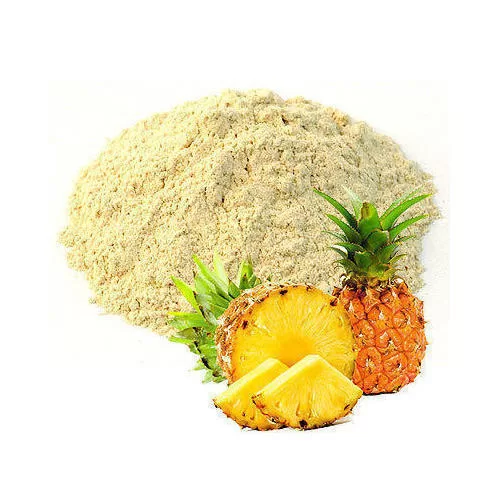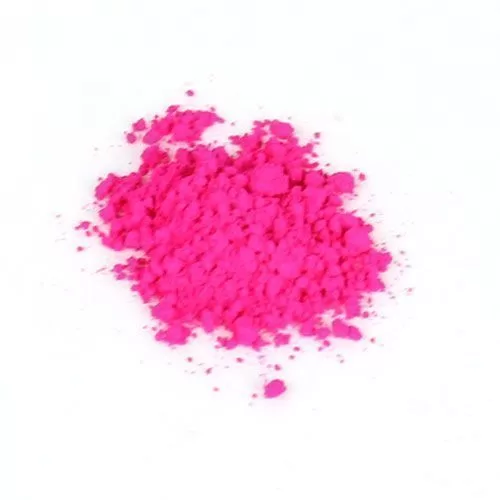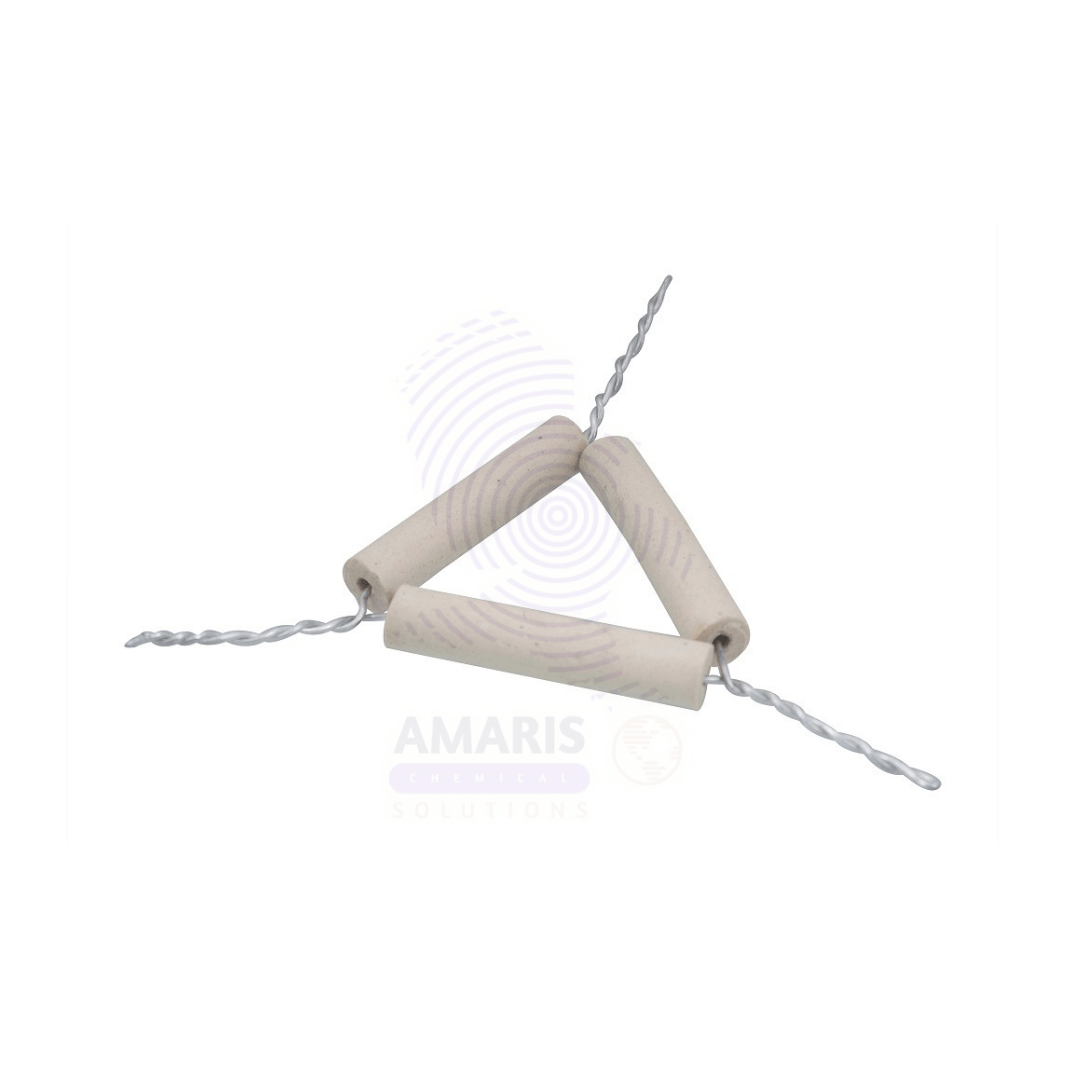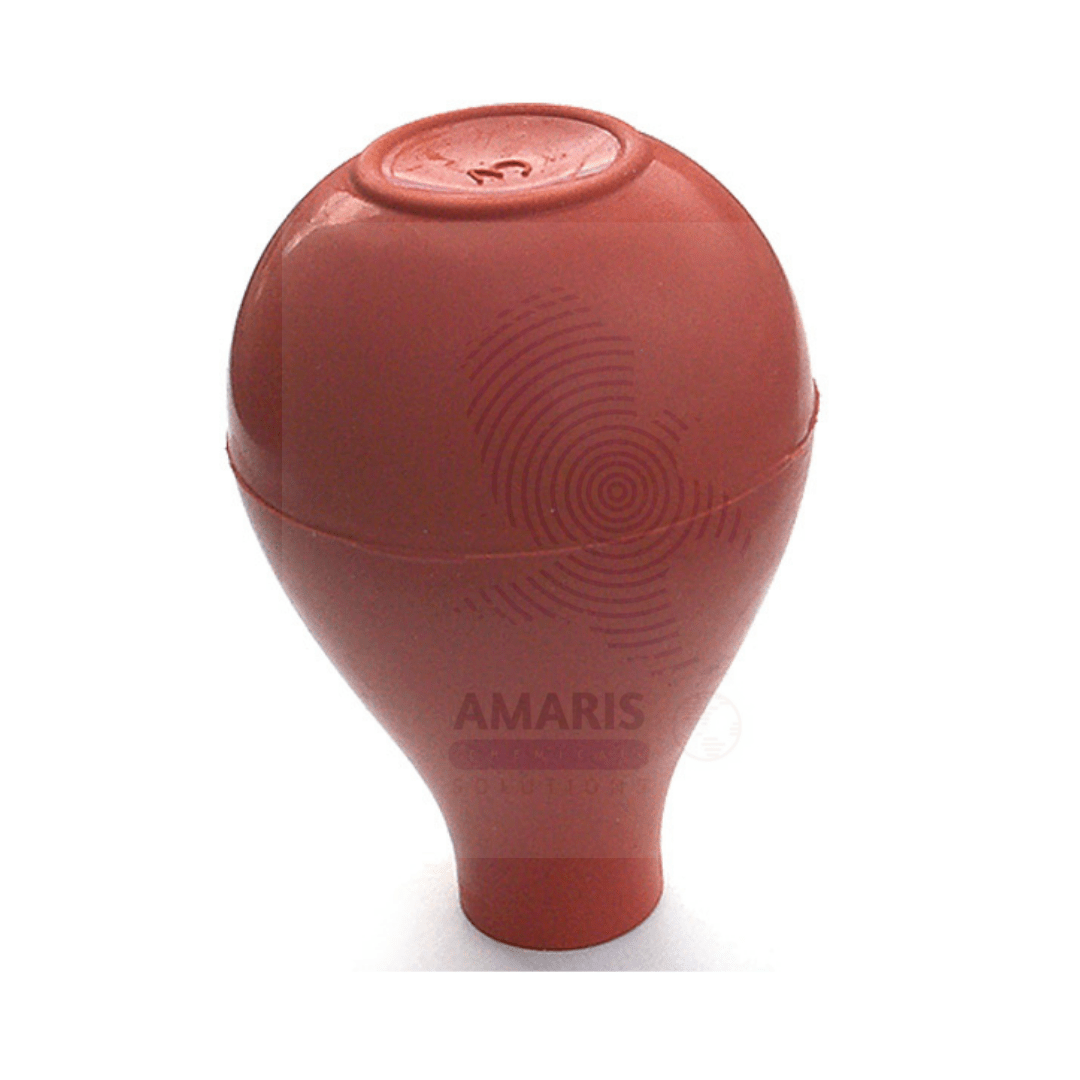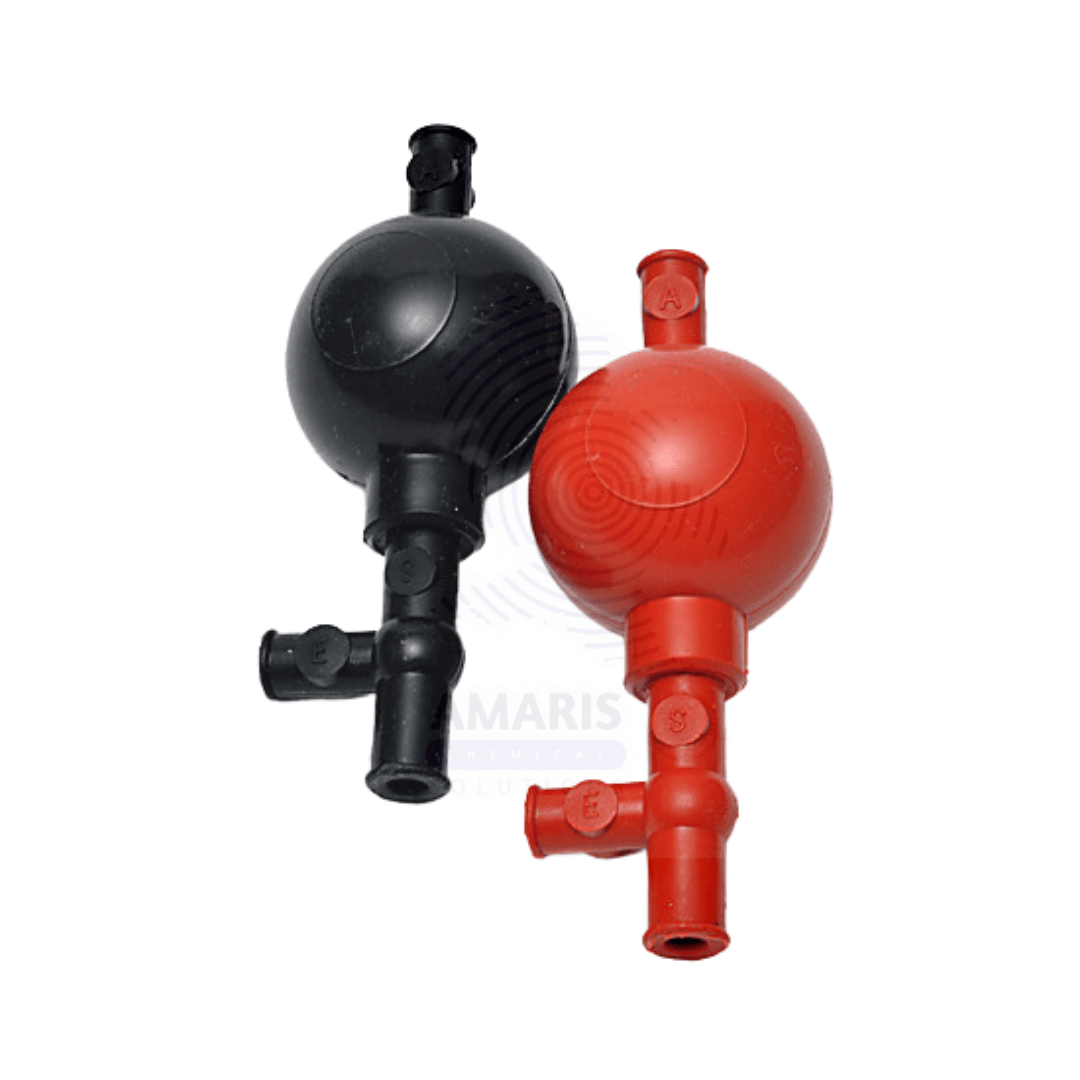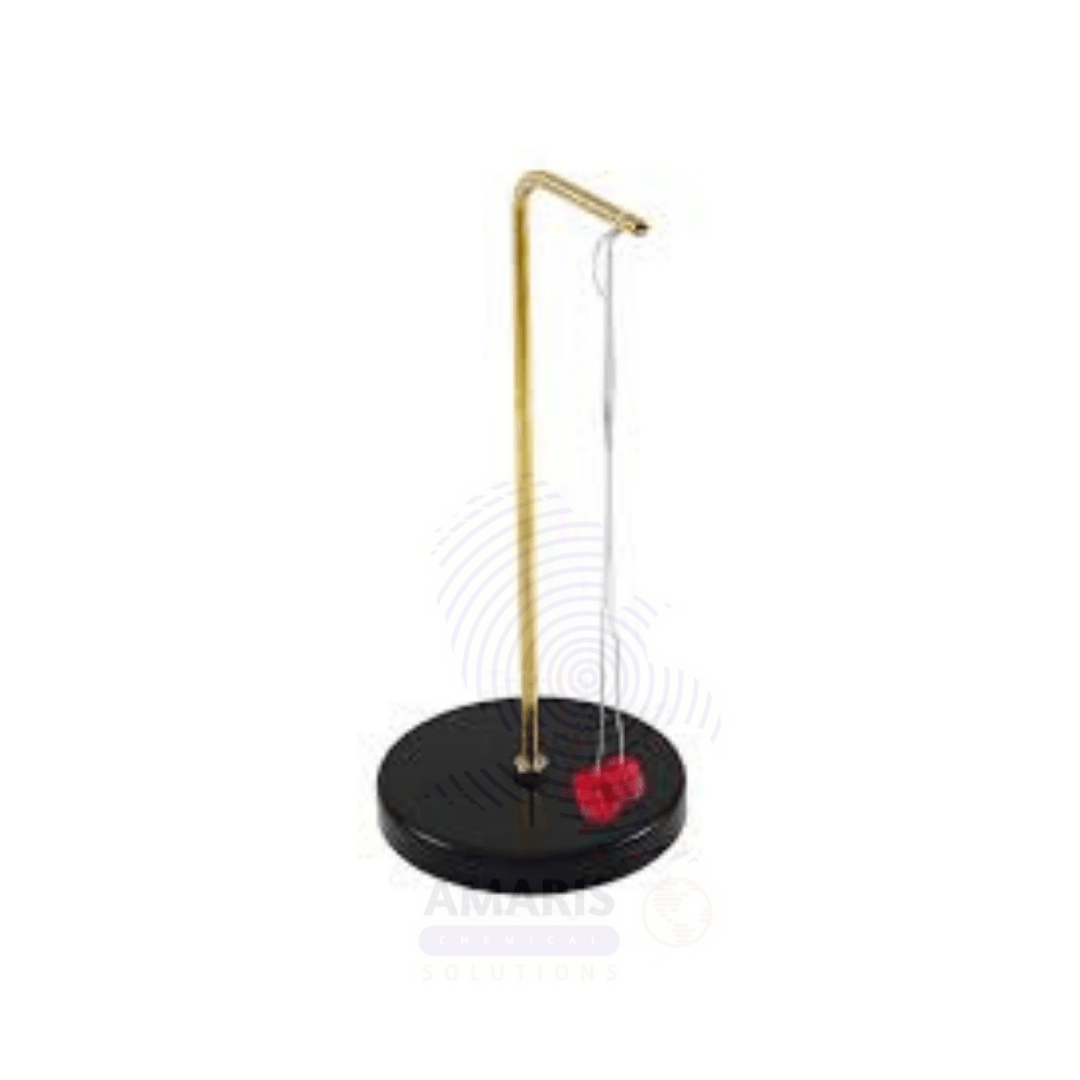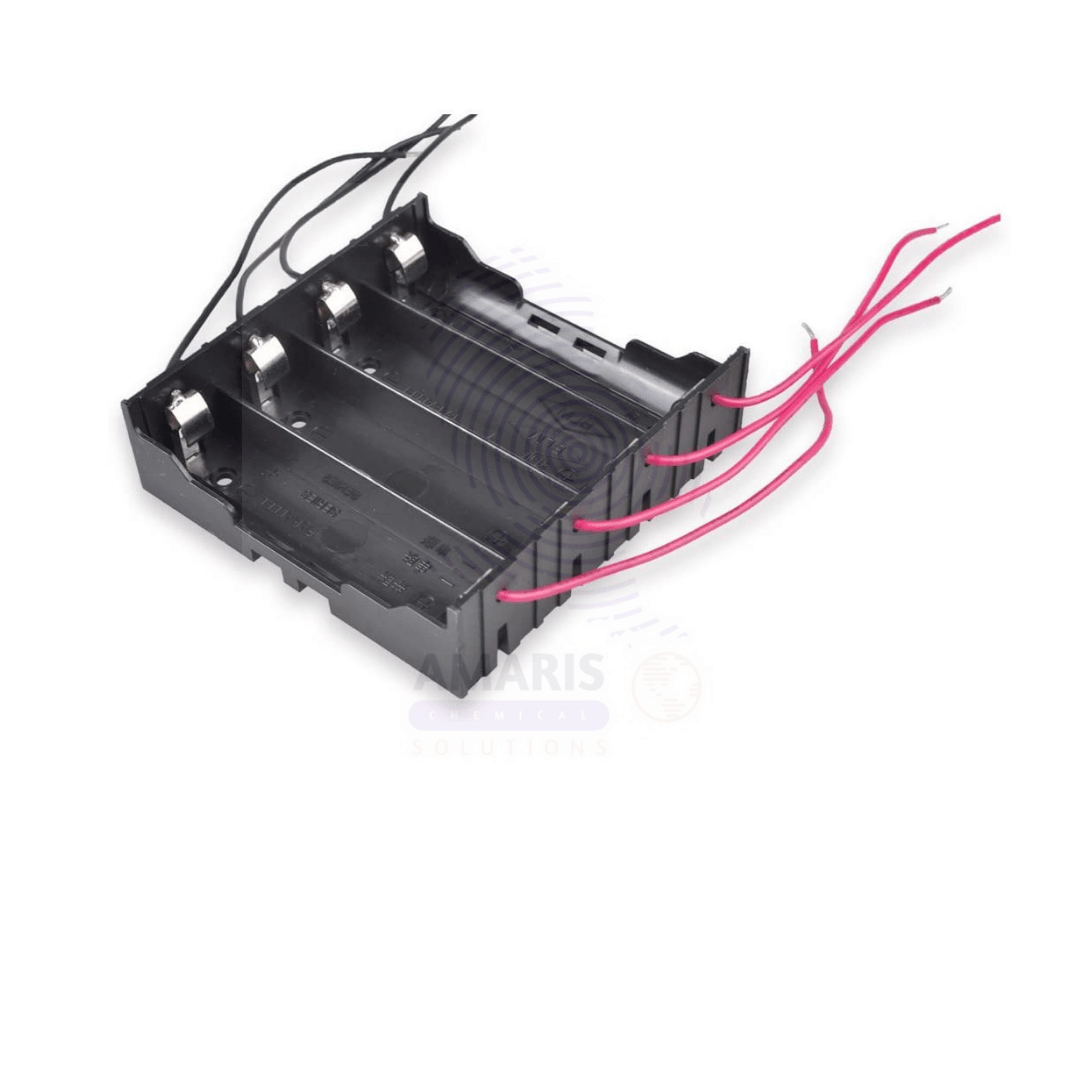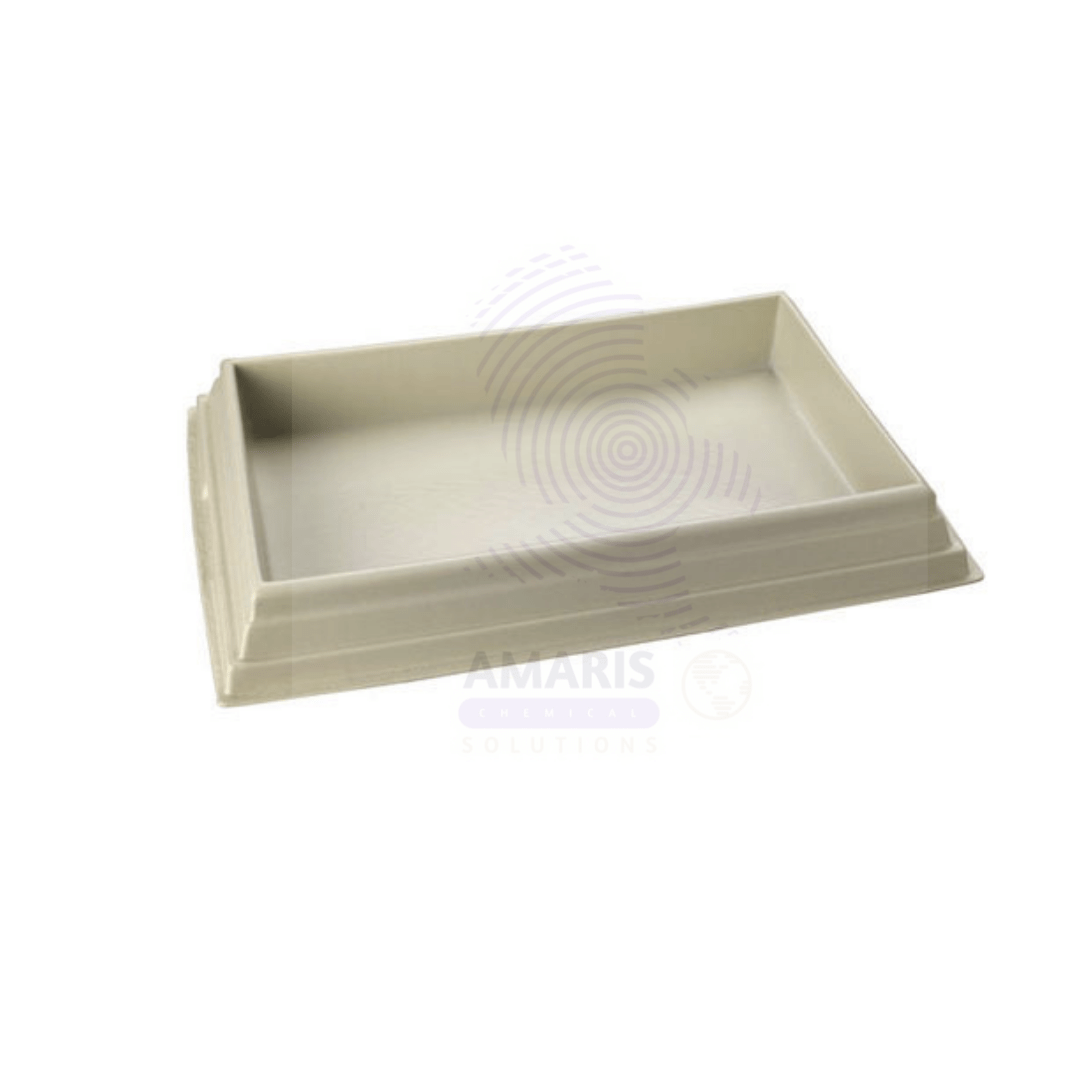Pipe clay triangles
Pipe clay triangles are laboratory tools made from heat-resistant ceramic material. They are shaped like a triangular frame, designed to support porcelain crucibles or other small containers during heating. The legs of the triangle are typically sturdy and provide stability, allowing for uniform heat distribution when placed over a Bunsen burner or other heat sources. Their ability to withstand high temperatures makes them an essential piece of equipment in various scientific experiments, particularly in chemistry, where precise temperature control is crucial. Overall, pipe clay triangles are durable, reliable, and indispensable for safe heating in laboratory settings.
Pipe Cutter (12 pcs)
A pipe cutter is a specialized tool designed for cutting pipes cleanly and accurately. Typically used in plumbing and other pipe-related applications, a pipe cutter consists of a cutting wheel or blade that is rotated around the pipe's circumference, gradually creating a groove. The tool is then tightened or adjusted, and the cutting wheel is rotated again, gradually deepening the groove until the pipe is cleanly severed. Pipe cutters come in various designs, including manual, ratcheting, and powered versions, providing versatility for different pipe materials and sizes.
Pipe Cutter 3-30MM (12 pcs)
A pipe cutter is a specialized tool designed for cutting pipes cleanly and accurately. Typically used in plumbing and other pipe-related applications, a pipe cutter consists of a cutting wheel or blade that is rotated around the pipe's circumference, gradually creating a groove. The tool is then tightened or adjusted, and the cutting wheel is rotated again, gradually deepening the groove until the pipe is cleanly severed. Pipe cutters come in various designs, including manual, ratcheting, and powered versions, providing versatility for different pipe materials and sizes.
Pipette Bulb
Pipette bulb, also known as a pipette filler or pipette aid, is a device used in laboratories to draw and dispense liquid accurately using a pipette. It's typically made of rubber or silicone and is attached to the top of a pipette. When squeezed, the bulb creates a vacuum that draws liquid into the pipette. Releasing the bulb dispenses the liquid. This tool helps in precise measurement and transfer of liquids, crucial for various scientific experiments and analyses.
Pipette filler bulb type
Pith balls on stand
Plastic cell holder
A plastic cell holder is a versatile laboratory accessory designed to securely accommodate cell culture plates, microplates, or cuvettes. Typically made from durable, lightweight plastic, these holders ensure stable support for samples during various laboratory procedures. They often feature configurations that fit standard multi-well plates, allowing for efficient handling and storage.
Plastic dissecting tray without wax
A plastic dissecting tray used in a lab typically serves as a sterile, flat surface where specimens can be dissected and examined. These trays are often designed with grooves or depressions to contain fluids, ensuring a clean and organized workspace. They're commonly made of durable, chemical-resistant plastic for easy cleaning and reuse. The trays usually come in various sizes and shapes to accommodate different types of specimens and experiments, ranging from small animals in biology labs to larger organs in medical settings. They're an essential tool for teaching and conducting experiments in biology, anatomy, and related fields.


